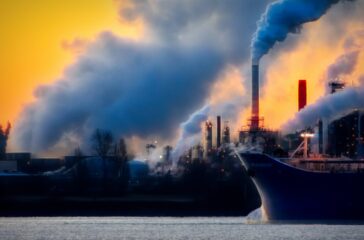Rise in air pollution fuels antibiotic resistance, study suggests
By Grace van Deelen
Air pollution could be helping drive a rise in drug-resistant infections, which pose a dangerous threat to global public health, according to a new study.

By Grace van Deelen
Air pollution could be helping drive a rise in drug-resistant infections, which pose a dangerous threat to global public health, according to a new study.